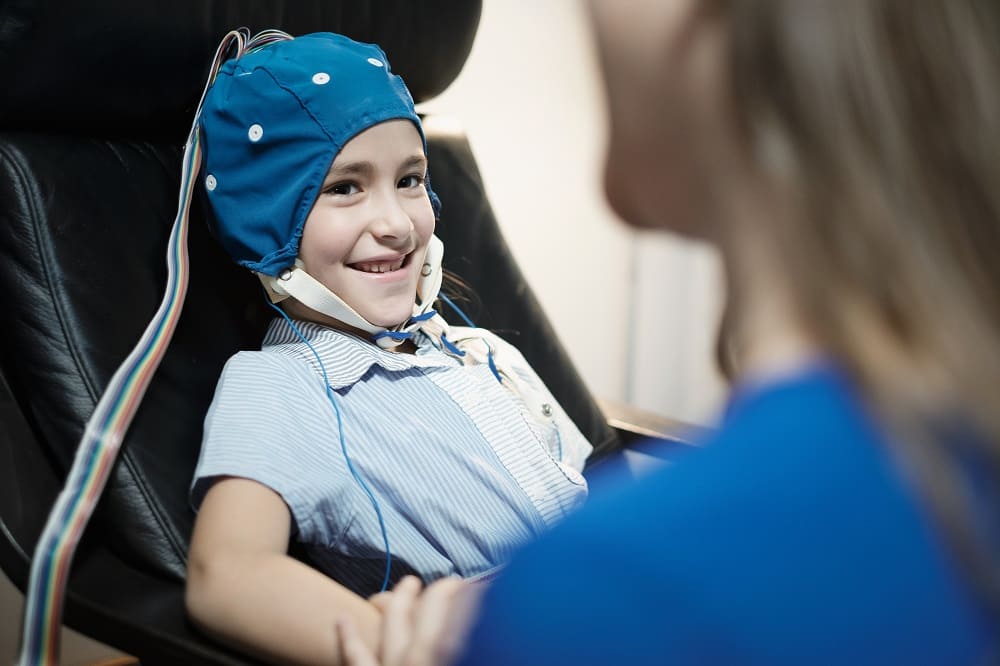Increased Anxiety
In recent years, there has been a significant increase in anxiety disorders across the world. Anxiety disorders are among the most common mental health conditions, affecting millions of individuals every year. While anxiety has always been present in our lives, the recent surge in anxiety levels can be connected to several factors.
One of the main factors is the rise of social media and technology. Social media has created a culture of comparison, where people compare their lives to others, leading to feelings of inadequacy and anxiety. The constant use of technology has also resulted in a lack of face-to-face communication, leading to increased loneliness and isolation, which can contribute to anxiety.
Another factor contributing to the recent increase in anxiety is the global pandemic. COVID-19 has brought about significant changes in our daily lives, leading to increased levels of stress, anxiety, and fear. The pandemic has resulted in social isolation, financial difficulties, and uncertainty about the future, all of which can contribute to anxiety and other mental health conditions.





